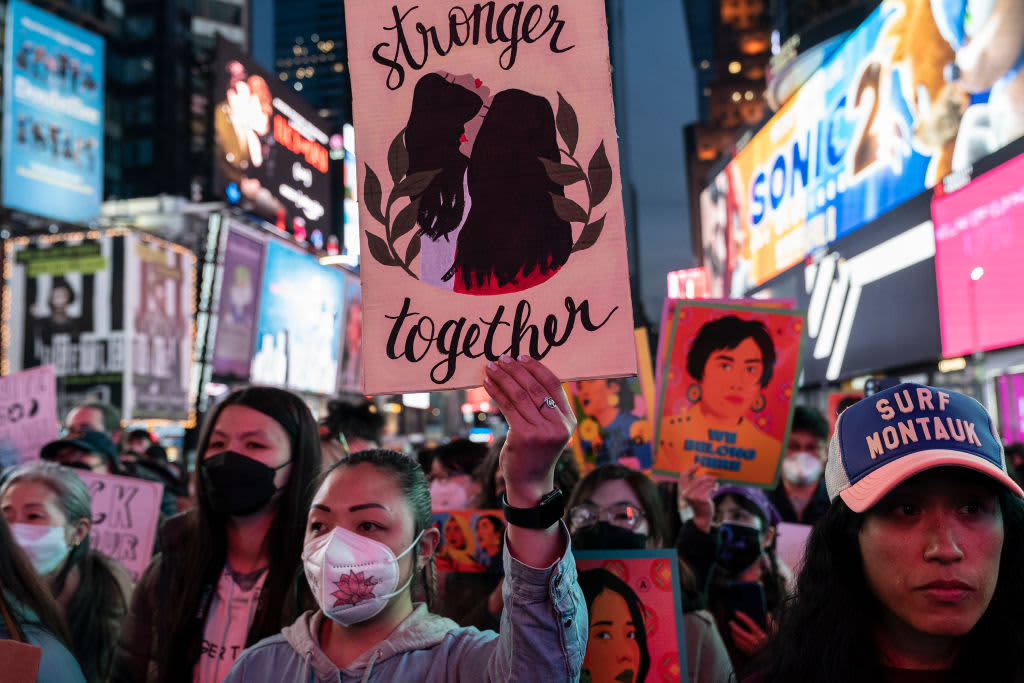As the COVID-19 pandemic continues to spread across the globe, so too does the rise in anti-Asian hate crimes. In the United States, Asian Americans and Pacific Islanders (AAPI) have faced an alarming increase in racially motivated attacks and discrimination. These hate crimes have not only impacted the physical safety of AAPI individuals, but also their mental health and emotional well-being. A particular group that has been significantly affected by this rise in anti-Asian sentiment is AAPI students.
Many AAPI students have reported feeling fearful and anxious about their safety both on and off campus. According to a report by Stop AAPI Hate, there have been over 6,600 reported incidents of hate crimes against AAPI individuals in the United States since the start of the pandemic. These incidents range from verbal harassment and physical assaults to acts of vandalism and property damage. For AAPI students, who are already navigating the challenges of academics and social life, the added stress of potential discrimination and violence can have serious consequences on their mental health and academic performance.
The impact of anti-Asian hate crimes on AAPI students is profound. Many students report feeling isolated and marginalized, as they fear being targeted based on their race. This can lead to feelings of anxiety, depression, and PTSD. A study published in the Journal of Counseling Psychology found that experiencing racism can have long-term negative effects on mental health, and AAPI students are no exception.
In addition to the emotional toll, anti-Asian hate crimes can also impact AAPI students’ academic success. Research has shown that when students are exposed to discrimination and racism, their academic performance can suffer. A study conducted by the University of Illinois found that Asian American students who reported experiencing racial discrimination had lower GPAs and were less likely to pursue higher education.
Furthermore, the fear of being targeted can also prevent AAPI students from fully participating in campus life. Many students may feel hesitant to speak out or seek help, for fear of further discrimination or retaliation. This can lead to a sense of isolation and disconnection from their peers and the larger community.
It is important for schools and universities to take proactive measures to address and combat anti-Asian hate crimes. This includes implementing anti-discrimination policies, providing resources and support for AAPI students, and educating the larger community about the impact of racism and xenophobia. By creating a safe and inclusive environment for all students, we can help mitigate the negative effects of hate crimes on AAPI students and ensure that they can thrive academically and emotionally.
In conclusion, the rise in anti-Asian hate crimes has had a significant impact on AAPI students. From increased anxiety and fear for their safety to the potential negative effects on their mental health and academic success, these hate crimes can have far-reaching consequences. It is crucial for schools and communities to come together to support and protect AAPI students and work towards creating a more inclusive and equitable society for all.
